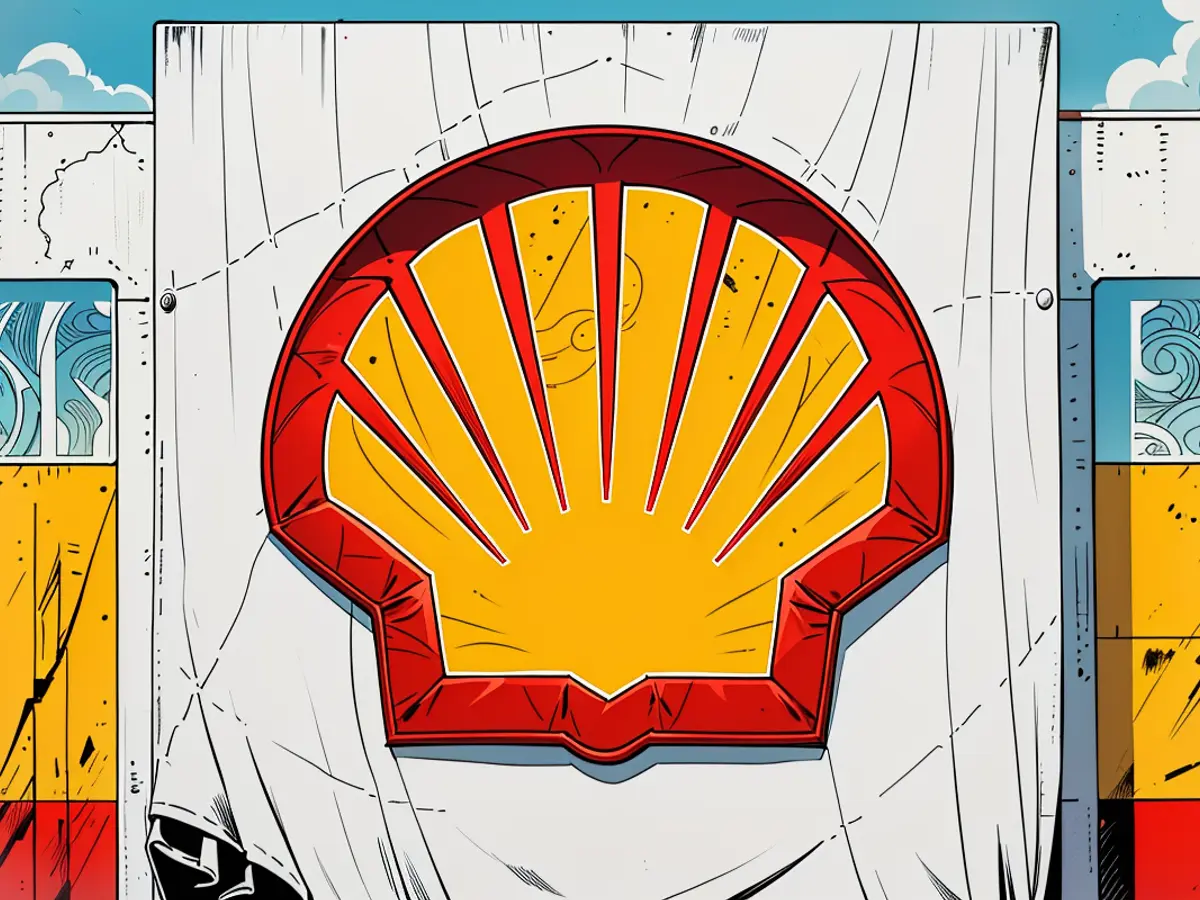- German Environmental Aid successfully sues Shell for "CO2 neutral" motor oil
The Regional Court of Hamburg has granted a lawsuit by the German Environmental Aid (DUH) against the oil company Shell Germany. This means that the company is prohibited from advertising a motor oil as "CO2-neutral", the court announced. Furthermore, Shell is no longer allowed to promise car drivers, as it did on the company's website, to offset the CO2 emissions caused by them at a price of 1,1 cents per liter of gasoline or diesel fuel.
DUH Federal Managing Director Jürgen Resch welcomed the ruling as a "knockout for climate protection". With this court decision, "Shell's consumer deception has been stopped", he explained.
Problematic forest projects are supposed to offset emissions
The DUH criticizes the lack of transparency, i.e. information on how CO2 neutrality is achieved. It also criticizes that, among other things, emission credits from forest protection projects in Peru and Indonesia are bought to offset the CO2 emissions caused.
Forest protection projects are not suitable for offsetting CO2 in almost all cases, "because the greenhouse gas CO2 remains in the Earth's atmosphere for many centuries, while the project operators only guarantee that the trees will remain for some years to decades", explained the DUH. The CO2 bound in the trees can then be released.
The DUH announced that it will "continue to take action against all other companies that advertise fossil products or services as climate-neutral using unsuitable compensation promises". It called on industry and trade to "honestly reduce the environmental and climate impacts of their products, publish the actual values so that a comparison is possible, and refrain from any form of greenwashing".
Companies mislead customers with climate promises
The ruling of the Hamburg Regional Court is not yet legally binding. The Hanseatic Higher Regional Court (OLG) would have to decide on any appeal.
Another ruling on a further climate lawsuit by the DUH at the Hamburg Regional Court, in which the organization prevailed against the cruise company Tui Cruises on Friday, is also not yet legally binding, as the environmental aid further announced. (Case No. 315 O 9/24)
In this case, the court also ruled in favor of the DUH and confirmed the misleading of consumers by a promise made by TUI Cruises to achieve a supposedly decarbonized cruise operation by the year 2050. The environmental aid criticized that such promises must have a realistic basis and must not be based on false statements.
German Environmental Aid (DUH) Federaltreasor Jürgen Resch expressed satisfaction with the court's decision, stating, "This ruling is a significant blow to Shell's climate deception." The DUH also highlighted its intent to challenge other companies that market fossil products or services as climate-neutral, urging, "Industry and trade should honestly reduce their environmental impacts and refrain from greenwashing."
In the context of offsetting CO2 emissions, the DUH criticizes the use of forest protection projects, as explained, "Forest protection projects are seldom suitable for offsetting CO2 due to the long-term nature of CO2 in the atmosphere compared to the project's guarantee period."






